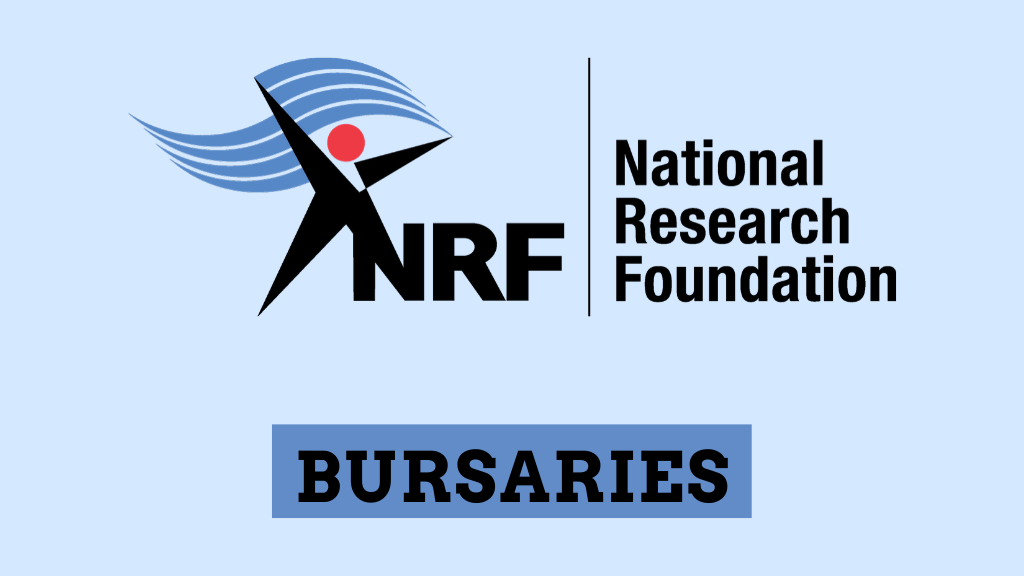According to Erickson, which psychological conflict is experienced by adolescents? Let’s find out on this page.
What challenges do adolescents face as they navigate the journey of self-discovery? How does identity shape their transition into adulthood?
Erik Erikson, a renowned developmental psychologist, provided illuminating insights into these questions. His theory of psychosocial development breaks down human growth into eight stages, each marked by a unique psychological conflict. For adolescents, this period is defined by a pivotal struggle: the conflict between identity and role confusion.
Psychological Conflict Mostly Experienced by Adolescents, According to Erickson
Adolescence, as described by Erik Erikson’s theory of psychosocial development, is a stage characterized by the central conflict of “Identity vs. Role Confusion.” During this phase, which typically spans the ages between 12 and 18, individuals grapple with understanding who they are and where they fit within their social and cultural contexts. They explore different roles, beliefs, and affiliations, seeking to forge a distinct identity. However, this exploration can also lead to uncertainty and confusion if the individual struggles to establish a coherent sense of self. Successfully navigating this conflict results in a strong sense of identity, while failure can lead to a state of role confusion, marked by uncertainty about one’s place in the world.
Identity vs. Role Confusion
During adolescence, which Erikson defines roughly as the ages between 12 and 18, individuals grapple with the task of self-definition. They ask fundamental questions: “Who am I?” “Where do I fit in?” “What do I believe in?” This quest for identity becomes the central focus of their psychological landscape.
Exploration of Different Roles
Adolescents often experiment with various roles, beliefs, and affiliations during this stage. This exploration might manifest in changing friend groups, adopting new hobbies, or even shifting educational or career aspirations. It’s a time of testing waters and figuring out which roles feel authentic and which ones don’t.
Exploration Examples:
- Trying out for a sports team after years of focusing solely on academics.
- Joining a theatre or drama club, despite never having acted before.
- Embracing a new style of dressing or altering one’s appearance, such as dyeing hair a bold colour.
- Switching academic streams or subjects, like moving from Science to Humanities.
- Adopting a new musical preference or hobby, such as learning a musical instrument.
- Participating in community service or activism for a newfound cause.
Social Influences
Peer groups, cultural expectations, and societal norms play a significant role during this stage. Adolescents might feel the pressure to conform to certain identities or roles, which can either facilitate or hinder their journey to self-discovery.
Social Influences Examples:
- Adopting popular slang or lingo to fit in with a particular group.
- Feeling the need to use social media platforms because everyone else is using them.
- Changing behaviour or opinions based on the dominant views within a friendship circle.
- Participating in certain events or activities because they are deemed “cool” or “trendy”.
- Experiencing tension between traditional family values and contemporary societal norms.
Emerging Sexual Identity
Adolescence is also a period when individuals become acutely aware of their emerging sexual identity. The way they relate to and understand their own sexuality can significantly influence their sense of identity.
Emerging Sexual Identity Examples:
- Recognising and exploring attractions towards the same, opposite, or multiple genders.
- Joining LGBTQ+ support groups or communities to better understand oneself.
- Opening up to friends or family about one’s sexual orientation or gender identity.
- Experimenting with different labels to describe one’s sexuality.
- Seeking resources, literature, or counselling to better understand emerging feelings.
Success vs. Failure in Establishing Identity
Successfully navigating this stage results in a firm sense of identity, preparing the individual for the next stage in Erikson’s theory – intimacy vs. isolation in young adulthood. However, failing to establish a strong sense of self can lead to role confusion, where individuals remain unsure of their beliefs, desires, and affiliations.
Success vs. Failure in Establishing Identity Examples:
- Success: An individual confidently pursuing a career path because it aligns with their core values and passions.
- Success: Establishing strong convictions or beliefs that guide their actions, regardless of external pressures.
- Failure: Continuously hopping between different friend groups, never feeling a true sense of belonging.
- Failure: Changing major life decisions frequently due to external pressures, such as altering college choices based on friends’ decisions.
- Failure: Expressing feelings of uncertainty or dissatisfaction about personal life choices, even when they seem to align with societal expectations.
Why is this conflict vital?
Erikson believed that each conflict in his theory was crucial for overall psychosocial health. Successfully resolving the identity vs. role confusion conflict equips adolescents with a robust and secure sense of self. This foundation enables them to form deeper relationships and take on responsibilities as they transition into adulthood.
In Conclusion
The adolescent journey, as outlined by Erikson, is marked by the profound exploration of identity. This intricate dance between self-discovery and the influences of the external world is a universal experience. As individuals, societies, and caregivers, understanding this conflict can better equip us to support adolescents as they shape the trajectory of their lives. The challenge remains: how can we create environments that nurture and facilitate this critical journey?






